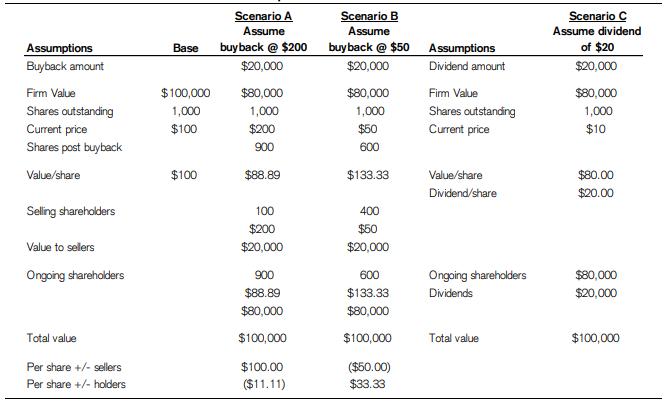It's about uncertainty in international politics, but has a lot of application to thinking about businesses and investing. Some thoughts:
amazon.com/War-Chance-Ass…
“…analysts avoid assessing uncertainty in a manner that supports sound decision making" and “analysts cannot speak about the future without engaging in some form of probabilistic reasoning.”
1.Use words of estimative probability instead of probabilities themselves;
2.Discuss relative probability – probability assessment that conveys an analyst’s beliefs with respect to an unspecified baseline;
3.Conditioning – occurs when analysts describe the conditions that must hold in order for a statement to be true.
“To say that a judgment is subjective does not mean that it is careless or uninformative”
Confidence – reflects the extent to which analysts belief they possess a sound basis for assessing uncertainty
1. Reliability of available evidence;
2. Range of reasonable opinion surrounding a judgment;
3. Degree to which analysts believe their judgment could change in response to new information
1. You will $1,000 if a Republican wins next election;
2. You win $1,000 if coin toss comes up heads.
If you prefer bet on Repub, outcome is at least 50%
If you bet on coin, outcome of Repub is no higher than 50%
Toggle until indifferent
If equally credible analyst are between 40-60%, take the average
If analysts are not equally credible, weight their views
Translate views into bets --> eee @AnnieDuke
See @PTetlock and @dgardner and @superforecaster
You can invert; don’t know p, figure out what C/B would makes sense.
1.“describe the uncertainty surrounding any prediction or policy recommendation;”
2.Never use relative probability or conditioning;
3.“…assessments of uncertainty should be clear enough for readers to reliably understand what they mean. Supplement key judgments with numeric percentages;”
4.“consistently distinguish between assessments of probability and confidence.”
FIN













